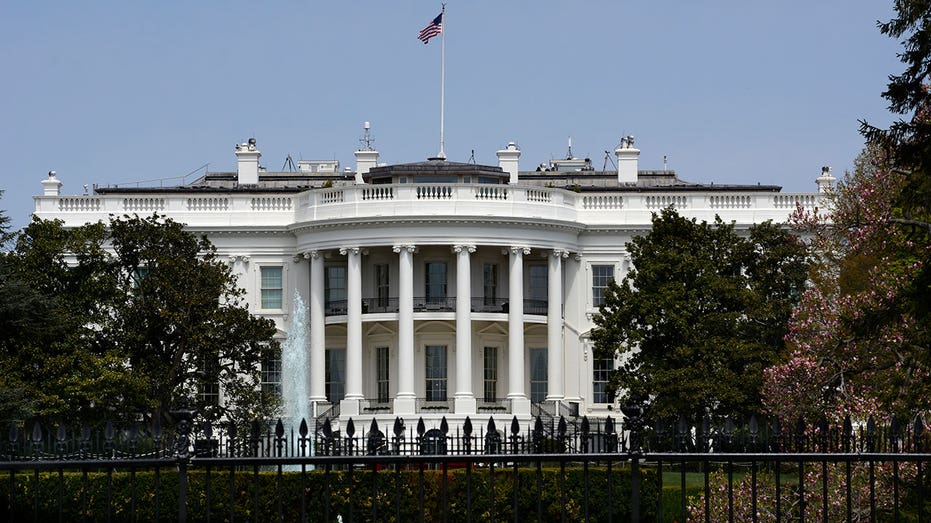The White House plans to renew a push in April to convince Congress to extend an internet subsidy program used by 23 million American households just weeks before it runs out of money, officials said.
In October, the White House asked for $6 billion to extend the program through December 2024, but Congress has not funded it, potentially putting millions of households at risk of losing their internet service.
Federal Communications Commission Chair Jessica Rosenworcel told lawmakers in a letter that April is the last month participants will get the full subsidy, with partial subsidies in May.
DEPARTMENT OF COMMERCE ANNOUNCES $930 MILLION IN GRANTS FOR BIDEN’S INTERNET EXPANSION PROJECT
Congress previously allocated $17 billion to help lower-income families and people impacted by COVID-19 gain broadband access through a $30 per month voucher to use toward internet service.
“We have come too far to allow this successful effort to promote internet access for all to end,” Rosenworcel said on Tuesday. “Despite the breadth of this support and the urgent need to continue this program to ensure millions of households nationwide do not lose essential internet access, no additional funding has yet been appropriated.”
The FCC froze enrollment on Feb. 8 for new users.
The White House says the plan, known as the Affordable Connectivity Program, helps users save over $500 million per month on their internet bills.
Verizon, Comcast and AT&T, have all called for Congress to extend the program.
Bipartisan legislation introduced by Senators Peter Welch, JD Vance, Jacky Rosen and Kevin Cramer would provide $7 billion for the program. A bill to fund the program for one-year has been introduced in the House and is backed by 216 members.
The FCC cited a survey that if the program ends, more than three-quarters of the households in the program “would experience service disruption or would have to change their existing plan or stop service altogether.”
























